Metoclopramide Hydrochloride for Dogs: Dosage, Benefits, and Administration Guide
In veterinary medicine, medications like Metoclopramide Hydrochloride play an essential role in managing gastrointestinal (GI) disorders in pets, particularly in dogs. This prokinetic agent is widely prescribed to treat nausea, vomiting, and gastric motility disorders in dogs. Given its effectiveness, it’s crucial for dog owners to understand the medication’s role, proper usage, and precautions before using it. This comprehensive guide will explain the indications, dosage, side effects, and much more about Metoclopramide Hydrochloride Tablets for Dogs.
What is Metoclopramide Hydrochloride?
Metoclopramide Hydrochloride is a prokinetic and antiemetic drug, primarily used to address gastrointestinal motility disorders. By increasing the speed at which the stomach empties, Metoclopramide helps reduce symptoms of vomiting, nausea, and gastric stasis.
This medication works by blocking dopamine receptors in the brain, which are involved in nausea signaling. Additionally, it also acts on the gastric muscles, making it effective for digestive tract disorders in dogs.
Indications for Metoclopramide Hydrochloride in Dogs
Metoclopramide Hydrochloride Tablets are used to treat various gastrointestinal conditions in dogs.
1. Nausea and Vomiting
Nausea and vomiting can occur in dogs for various reasons, including gastrointestinal disorders, chemotherapy side effects, dietary indiscretion, or post-surgery recovery. Metoclopramide is effective in reducing these symptoms due to its action on gastric motility and dopamine receptors. It helps control vomiting by reducing the signals that trigger it in the brain, while also improving digestion.
- Common Causes: Infections, parasites, or changes in diet.
- Post-surgery: Dogs may experience nausea and vomiting after surgery due to anesthesia. Metoclopramide aids in speeding up gastric emptying, reducing these symptoms.
2. Gastrointestinal Stasis and Motility Disorders
Gastrointestinal stasis occurs when the stomach or intestines do not move properly, leading to bloating, discomfort, and delayed digestion. This is a common issue in dogs with conditions like gastric dilation volvulus (GDV) or ileus.
- Metoclopramide helps treat gastric stasis by stimulating the stomach muscles to contract more efficiently, facilitating better digestion and faster emptying of the stomach contents.
- It can be used in acute and chronic cases of gastrointestinal motility disorders, where digestion is sluggish.
3. Post-Surgical Nausea and Vomiting
After surgeries, particularly abdominal procedures, dogs can experience nausea and vomiting due to anesthesia, pain, or the stress of recovery. Metoclopramide is frequently prescribed to help alleviate these symptoms, ensuring a smoother recovery.
- Why it Works: Metoclopramide helps reduce nausea and promotes gastric motility, allowing the dog to digest food more easily and reducing the discomfort associated with surgery recovery.
4. Chemotherapy-Induced Nausea
Chemotherapy drugs can affect the gastrointestinal system, slowing digestion and leading to discomfort. Metoclopramide is effective in managing these side effects.
- How it Helps: By improving stomach emptying and blocking nausea signals, it allows chemotherapy-treated dogs to feel more comfortable, thus improving their quality of life during treatment.
5. Appetite Stimulation in Certain Cases
In some instances, Metoclopramide can help stimulate appetite in dogs with conditions affecting their digestive system. By addressing nausea and improving digestion, it can promote a dog’s interest in eating again, which is crucial for recovery.
Benefits of Metoclopramide for Dogs
Metoclopramide Hydrochloride offers several benefits for dogs with nausea, vomiting, and gastrointestinal motility issues:
- Controls Nausea and Vomiting: Effective for managing nausea and vomiting, especially post-surgery or during chemotherapy, helping dogs recover faster and feel more comfortable.
- Improves Gastric Motility: Stimulates stomach and intestinal movement, reducing symptoms of gastric stasis and ileus, and aiding digestion.
- Stimulates Appetite: Helps dogs with reduced appetite due to nausea or discomfort, encouraging them to eat and maintain proper nutrition.
- Supports Post-Surgical Recovery: Speeds up gastric emptying after surgeries, reducing bloating, nausea, and discomfort.
- Effective for Chemotherapy Side Effects: Reduces nausea and vomiting caused by chemotherapy, improving your dog’s quality of life during treatment.
- Versatile Treatment: Also helps manage conditions like GERD, gastroenteritis, and chronic motility disorders.
- Fast Relief: Provides quick comfort, allowing your dog to feel better sooner, especially in stressful situations.
Dosage Guidelines Metoclopramide Hydrochloride Tablets for Dogs
- Standard Dosage:
- Dose: 0.2 to 0.5 mg per kg (0.09 to 0.23 mg per lb) of body weight.
- Frequency: Administer 2 to 4 times daily (every 6 to 12 hours) depending on the condition being treated.
- Duration: Typically prescribed for 5 to 7 days, but longer courses may be prescribed for chronic conditions like motility disorders.
- Form: Tablets, oral solution, or injectable form (for more severe cases).
- Administration:
- Tablets should be given orally with food to minimize gastrointestinal irritation.
- Liquid form can be given directly or mixed with food.
Dosage
| Weight of Dog | Tablet Dosage (0.2–0.5 mg/kg) | Frequency | Total Daily Dose |
| Up to 5 kg (11 lbs) | 0.1–0.25 mg per dose | 2–4 times/day | 0.2–1 mg |
| 6–10 kg (13–22 lbs) | 0.2–0.5 mg per dose | 2–4 times/day | 0.4–2 mg |
| 11–20 kg (24–44 lbs) | 0.3–1 mg per dose | 2–4 times/day | 0.6–4 mg |
| 21–30 kg (46–66 lbs) | 0.4–1.5 mg per dose | 2–4 times/day | 0.8–6 mg |
| 31–40 kg (68–88 lbs) | 0.5–2 mg per dose | 2–4 times/day | 1–8 mg |
| >40 kg (>88 lbs) | 1–2 mg per dose | 2–4 times/day | 2–8 mg |
How to Administer Metoclopramide Hydrochloride Tablets for Dogs
Metoclopramide is available in both tablet and liquid forms. The chewable tablets are easier to administer to dogs, especially if they are reluctant to take medication. Below are the key points for proper administration:
- With or Without Food: It can be given with or without food, although giving it with food may help reduce any gastrointestinal irritation.
- Missed Dose: If you miss a dose, administer it as soon as you remember. If it’s almost time for the next dose, skip the missed dose—do not double the dose.
- Storage: Store Metoclopramide in a cool, dry place away from direct sunlight. Ensure it is kept out of reach of children and pets.
Precautions and Possible Side Effects of Metoclopramide Hydrochloride in Dogs
Metoclopramide Hydrochloride is a widely used medication in veterinary medicine to treat nausea, vomiting, and gastrointestinal motility issues in dogs. Although it is generally safe, there are potential side effects and precautions that pet owners need to be aware of to ensure their dog’s safety and well-being.
Common Side Effects
- Gastrointestinal Upset
- Symptoms: Vomiting, diarrhea, loss of appetite.
- Cause: Stomach irritation or discomfort due to how Metoclopramide stimulates gastric motility.
- Precaution: If symptoms are mild, they usually resolve over time.
- Drowsiness or Sedation
- Symptoms: Lethargy, decreased activity levels.
- Cause: Sedative effect of the medication on the central nervous system.
- Precaution: Monitor your dog for any unusual drowsiness. Limit physical activity, especially in the first few days after starting the medication.
- Behavioral Changes
- Symptoms: Agitation, restlessness, or increased anxiety.
- Cause: Changes in the dog’s neurological state due to dopamine receptor activity.
- Precaution: If behavioral changes are significant, consult your veterinarian for possible dosage adjustments or alternative treatments.
Serious Side Effects
- Extrapyramidal Symptoms (EPS)
- Symptoms: Muscle tremors, rigidity, unusual movements, and abnormal posture.
- Cause: Rare but possible side effect when the drug affects motor control centers in the brain.
- Precaution: If your dog experiences these symptoms, stop the medication immediately and seek veterinary care.
- Seizures
- Symptoms: Uncontrolled shaking or convulsions.
- Precaution: Discontinue the medication if seizures occur and contact your veterinarian urgently for guidance.
- Allergic Reactions
- Symptoms: Swelling, hives, difficulty breathing, or increased heart rate.
- Cause: A rare but possible allergic reaction to Metoclopramide.
- Precaution: If signs of an allergic reaction are observed, stop the medication immediately and seek emergency veterinary care.
Precautions
- Pre-existing Conditions
- Kidney or Liver Disease: Dogs with these conditions may require dose adjustments since Metoclopramide is processed through the liver and kidneys.
- Pregnancy and Lactation
- Metoclopramide has not been extensively studied in pregnant or nursing dogs.
- Drug Interactions
- Metoclopramide may interact with other medications like anticholinergics, opioids, or antihistamines, potentially reducing its effectiveness or causing unwanted side effects.
- Precaution: Always inform your vet of any other medications or supplements your dog is taking.
- Overdose Risks
- Precaution: If an overdose is suspected, contact your veterinarian immediately. Always follow the prescribed dosage and never double the dose.
Alternatives to Metoclopramide
While Metoclopramide is highly effective, other medications may be recommended based on your dog’s condition:
- Maropitant (Cerenia): A common antiemetic used for nausea and vomiting in dogs, especially for motion sickness and chemotherapy-induced nausea.
Natural remedies such as ginger or pumpkin may also help manage mild nausea in pets, but they should not replace professional veterinary treatments.
Clinical Studies on Metoclopramide for Dogs
Here are key points from clinical research:
- Efficacy for Nausea and Vomiting: Metoclopramide effectively controls post-surgical nausea and chemotherapy-induced vomiting, improving recovery and appetite.
- Improves Gastric Motility: It is a prokinetic agent that enhances gastric emptying and relieves conditions like gastric stasis and ileus, reducing bloating and discomfort.
- Safety: Generally well-tolerated, but side effects like sedation, gastrointestinal upset, and rare neurological symptoms (e.g., tremors) can occur. Long-term use should be monitored, especially in dogs with pre-existing conditions.
- Comparison with Other Medications: Studies show Metoclopramide is effective for gastrointestinal motility disorders, though maropitant is often preferred for acute vomiting.
- Long-Term Use: Long-term use may lead to neurological side effects, so periodic evaluation is recommended.
Conclusion
Metoclopramide Hydrochloride Tablets are a crucial medication for dogs suffering from nausea, vomiting, and gastrointestinal motility disorders. By improving stomach motility and blocking nausea signals in the brain, this medication helps restore normal digestive function and provides much-needed relief for dogs dealing with post-surgical recovery, chemotherapy side effects, or gastrointestinal issues like gastric stasis. However, while Metoclopramide is highly effective, it’s essential to follow veterinary instructions for dosage and administration. Monitoring your dog’s response to the medication and being aware of potential side effects, such as sedation or gastrointestinal upset, will ensure its safe use. Always keep your veterinarian informed of any pre-existing conditions, other medications your dog is taking, and any changes in your dog’s health during treatment.







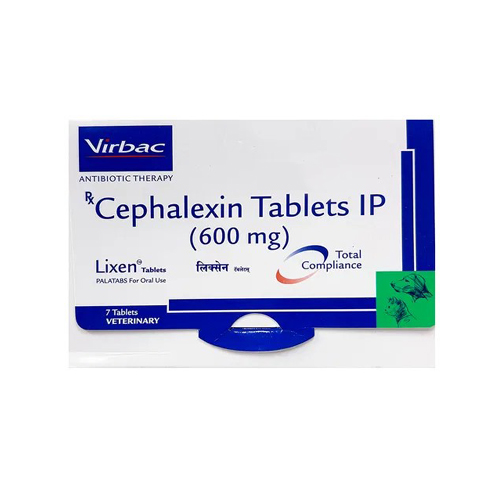
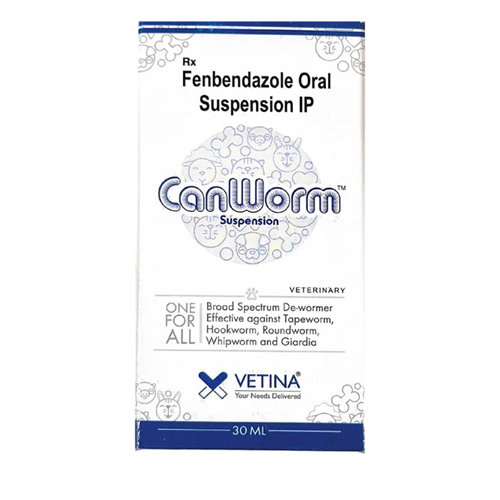






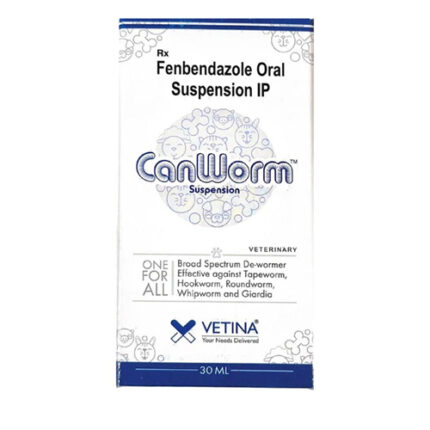
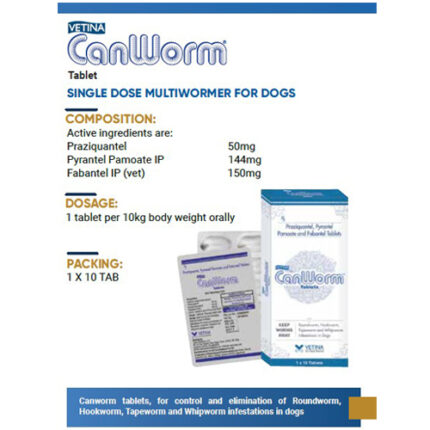


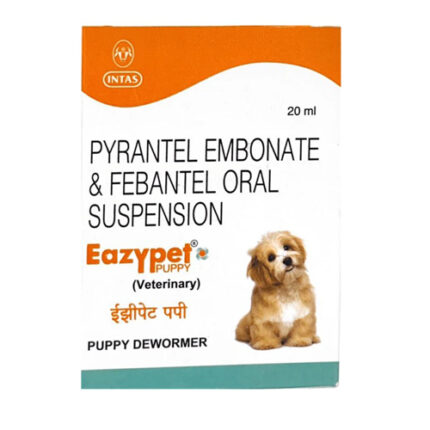

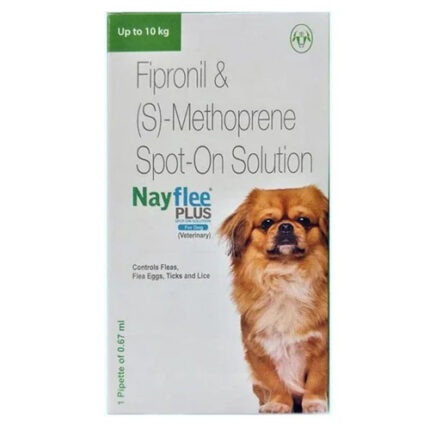
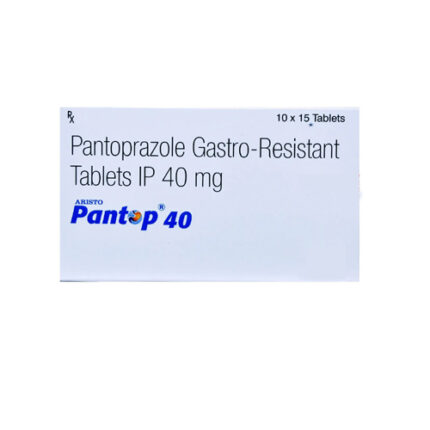
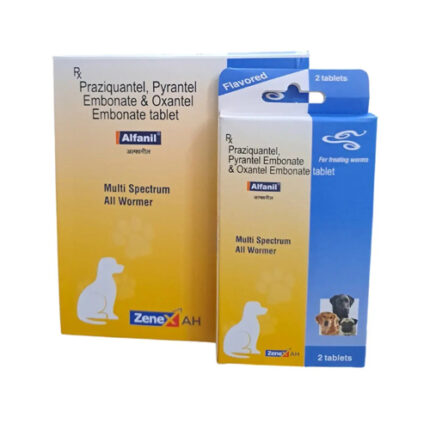
Reviews
There are no reviews yet.